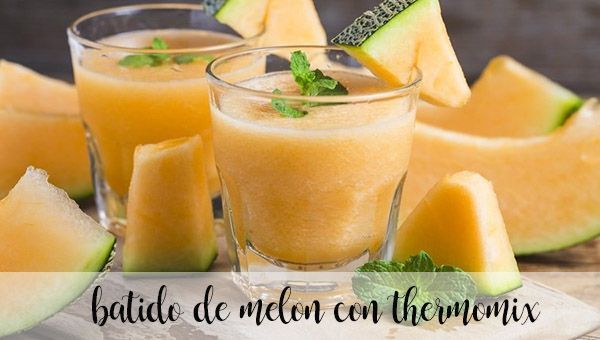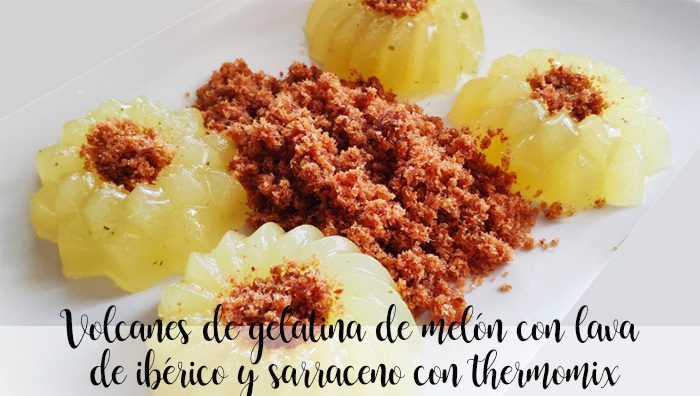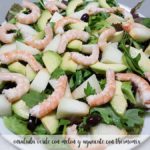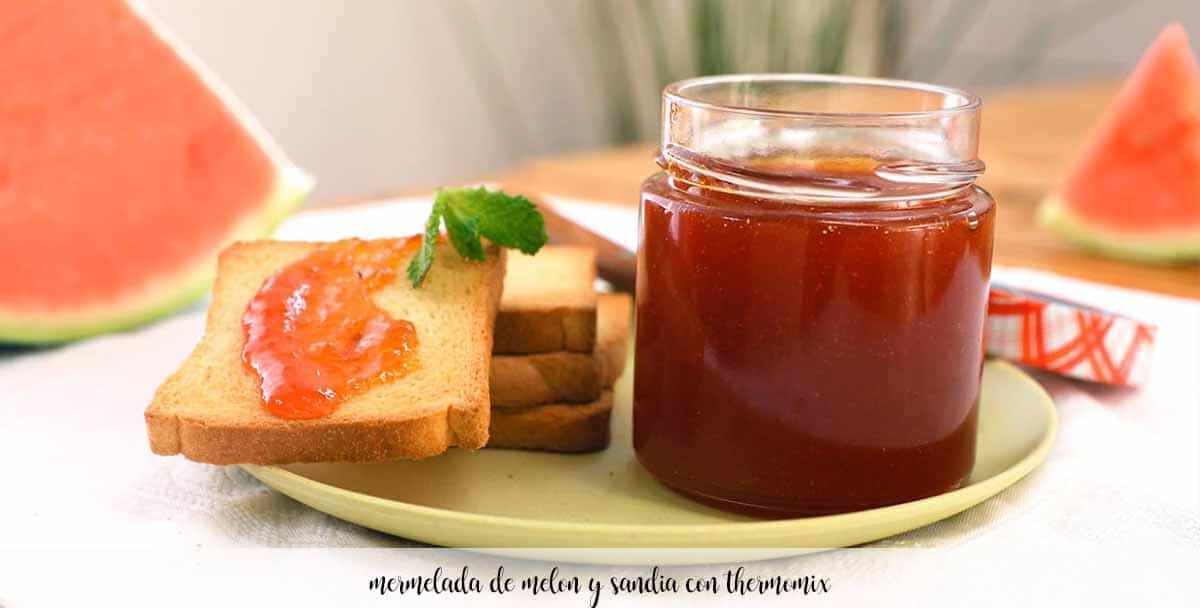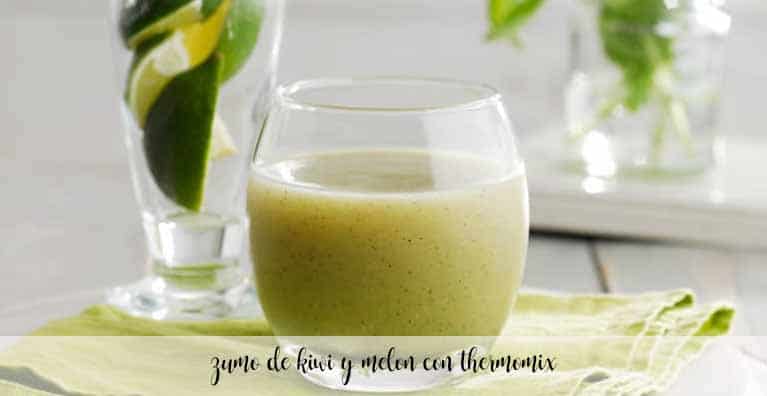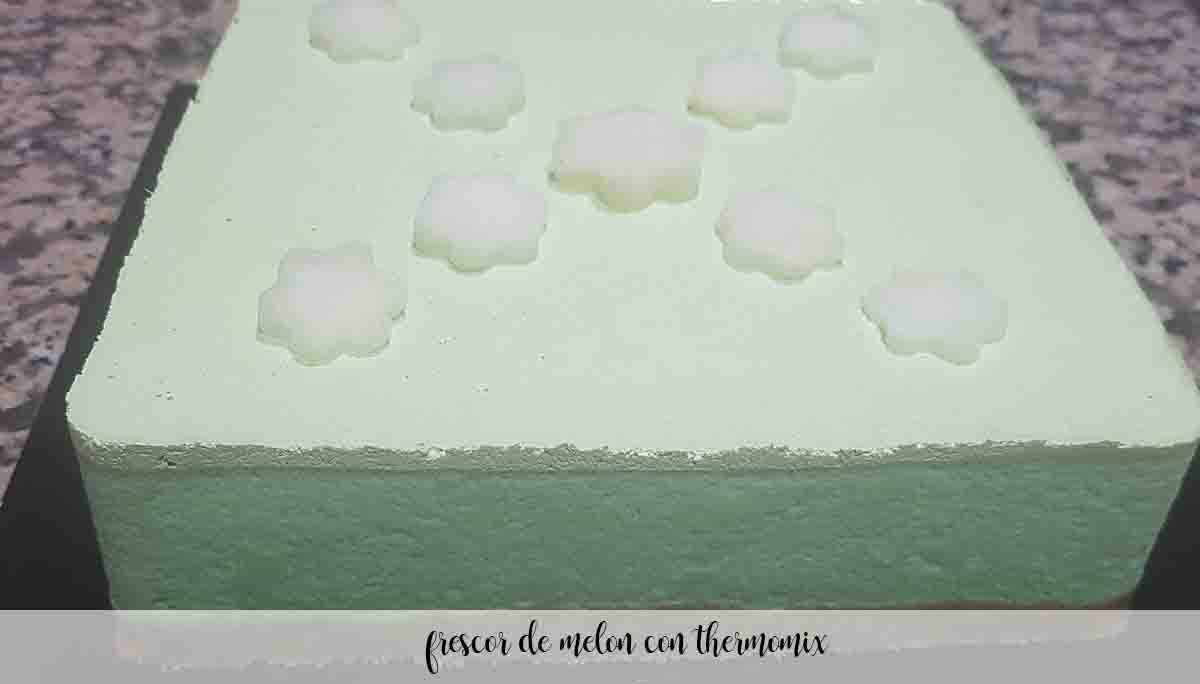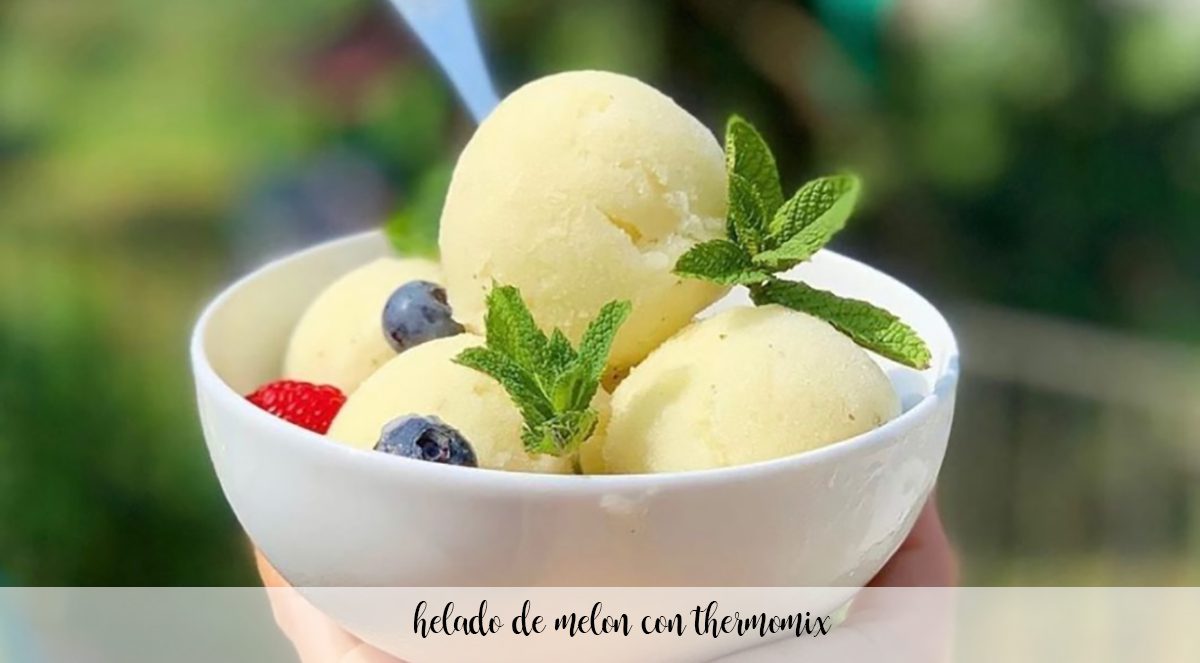Melon is one of the most consumed fruits in summer, as well as being one of the most satiating and the least fattening, a wonder of fruit come on…
Determining if a cantaloupe is ripe can be a little challenging, but here are some tips that can help you assess a melon’s ripeness:
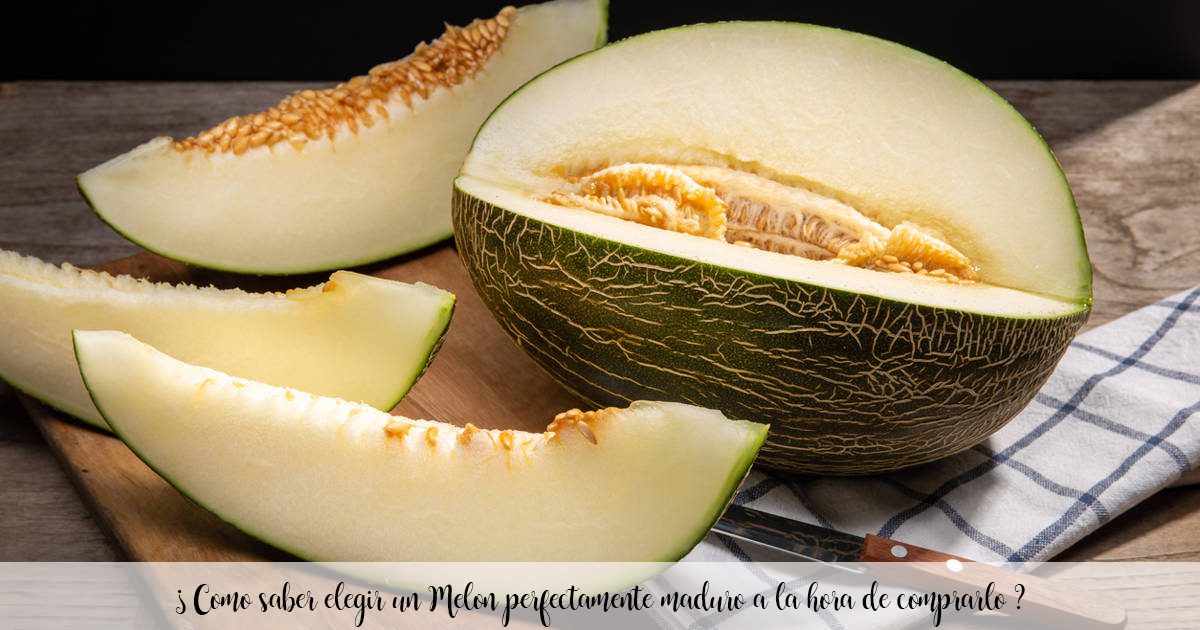
How to know how to choose a perfectly ripe Melon when buying it?
How to know how to choose a perfectly ripe Melon when buying it?
Kitchen
Spanish Cuisine
Spanish Cuisine
Category:
kitchen tricks
Ingredients of How to know how to choose a perfectly ripe Melon when buying it?
- How to know how to choose a perfectly ripe Melon when buying it?
Preparation of How to know how to choose a perfectly ripe Melon when buying it?
- The trick of a lifetime is Lightly press the bottom: Apply gentle pressure to the bottom of the melon, where the base of the stem is. If it gives in slightly and feels a bit soft, it’s probably ripe. However, if it’s too soft or sinks easily, it may be overripe or even stale.
- Look at the color and texture: A ripe melon usually has a vibrant, even color on its skin. For example, cantaloupes or rockmelons should have a golden or orange hue to the skin when ripe. Also, the skin of the melon should feel slightly rough and not too hard.
- Test the smell: Approach the melon and smell the part where the stem was. A ripe melon should have a sweet, fragrant aroma. If it is odorless or has an unpleasant odor, it may not be ripe.
- Listen to the sound: Touch the melon and tap it gently. A ripe melon should have a hollow, resonant sound. If the sound is dull or dull, it may not be ripe.
- Choose melons that are heavy for their size. A ripe melon will have a fair amount of juice, so it will be heavier than you would expect.
- Choose melons that do not have bumps or dents. A ripe melon will have smooth, blemish-free skin.
- Choose melons that smell good. A ripe melon will have a sweet, fruity smell.
melon properties
- Melon is a refreshing and juicy fruit that also offers a number of beneficial health properties. Some of the properties and benefits of melon are listed below:
- Hydration: Due to its high water content (around 90%), cantaloupe is an excellent fruit for staying hydrated, especially during the hot summer months.
- Vitamins and minerals: Cantaloupe is a good source of essential vitamins and minerals. Contains vitamin C, which helps strengthen the immune system and promote healthy skin. It is also rich in vitamin A, which is important for eye health and skin health, as well as potassium, which is essential for heart and muscle function.
- Antioxidants: Cantaloupe is rich in antioxidants, such as beta-carotene and vitamin C, which help protect the body against free radical damage and reduce oxidative stress.
- Fiber: Cantaloupe contains fiber, which helps maintain a healthy digestive system and can help prevent constipation.
- Low in calories: Melon is relatively low in calories and fat, which makes it a healthy option to include in a balanced diet.
- Diuretic Properties: Due to its high water and potassium content, cantaloupe may have mild diuretic properties, meaning it can help promote fluid removal from the body and relieve fluid retention.
- Cardiovascular Health Benefits: Cantaloupe contains compounds, such as lycopene, that have been associated with reduced risk of heart disease and other cardiovascular problems.
- Remember that the benefits and properties may vary slightly depending on the specific variety of melon. Additionally, it is important to consume the melon at the proper point of ripeness for maximum flavor and nutritional benefits.




